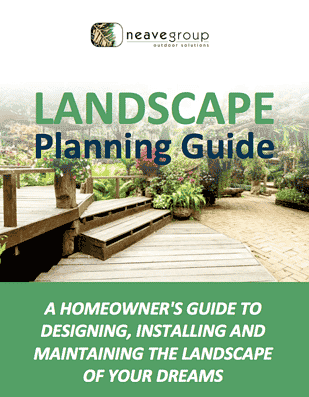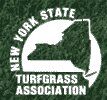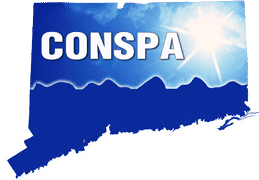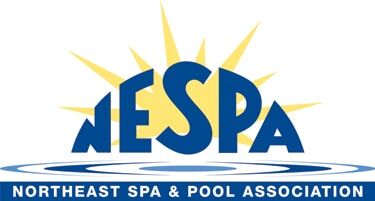We understand that many people are afraid of being stung by bees, but bees are very important to mother nature and how we live our everyday lives – that’s why it’s never a bad idea to consider plants that attract bees when you’re ready to plant your flower garden. I know what you’re thinking, “I don’t want a swarm of bees surrounding me when I’m enjoying a nice summer day.” The truth is, having bees around is a very good thing. Bees are pollinators and they are vital to many crops that we consume every day. So, having a healthy and productive garden where bees can gather and transfer pollen from one plant to another is a smart choice. Let’s take a look at how home gardeners like yourself can create a dynamic garden that can help bees do what they do best – pollinate.
Did you know?
According to the Pollinator Partnership, the U.S. has lost over 50 percent of its managed honeybee colonies in the past 10 years (Pretty scary, right?)
Important crops that depend on bees and other pollinators:
- Apples
- Pumpkin
- Almonds
- Pears
- Blueberries
- Melons
- Plums
- Cotton
- And more!
As you can see, foods that we consume every day and important plants fed to livestock rely on pollination from bees. I’m sure this information won’t prevent you from squirming the next time you’re around bees but it will make you more aware that seeing them near your vegetable garden has many benefits. So, how can you help? Let’s take a look at some of the most popular plants that attract bees and other gardening tips.
Plants that Bees Love:
- Butterfly Weed
- Coneflower
- Poppies
- Clover
- Black-eyed Susan
- Bee Balm
- Cranesbill
Gardening Tips to Attract Bees
You can do your part when it comes to creating a lush garden that is both attractive and beneficial to bees. Here’s how:
Grow a Diverse Garden
Plant flowers and other plant life that bloom during different times of the year to help attract not just bees but other important pollinators. Choose trees and shrubs that vary in height, color, and shapes.
Single Flowers are the Smart Choice
A single flower is a flower with one ring of petals. These flowers provide more food and nutrients for bees and make it easier for bees to reach the pollen.
Don’t Use Pesticides
Many believe that pesticides have played a huge role in the decline of bee colonies because they are toxic to pollinators. When maintaining your garden, look to other options to control pests and other harmful insects such as non-toxic controls or row covers.
Show Off Some Color
Believe it or not but it has been proven that bees are more attracted to specific colors. When choosing your plants, look for blue, yellow, and purple flowers as they will attract the most bees. Popular options would be lavender, daisies, zinnias, snapdragons, bee balm, and nepeta.
Need More Help Attracting Bees? Call the experts at Neave Landscaping!
You don’t have to be a professional or even amateur beekeeper to do your part to help preserve bee colonies. You can play a part by being smart about how you plan out your garden. As you can see, there are many different plants that can help attract bees and give them plenty of pollen, and if you need any help with planting and maintaining your bee-loving garden, you can trust the professional team at Neave Landscaping to help. For over 50 years, they have been the #1 landscaping team in New York and Connecticut when it comes to designing and maintaining the best-looking outdoor landscapes. Call us today and we’ll be happy to help choose the right plants that will both attract bees and elevate the look of your outdoor living space.
If you’re in the Hudson Valley, call us at (845) 463-0592. If you’re in Westchester County, call (914) 271-7996; from Connecticut, dial (203) 212-4800. Or, fill out our simple web form, and we’ll contact you about setting up your free consultation.






















